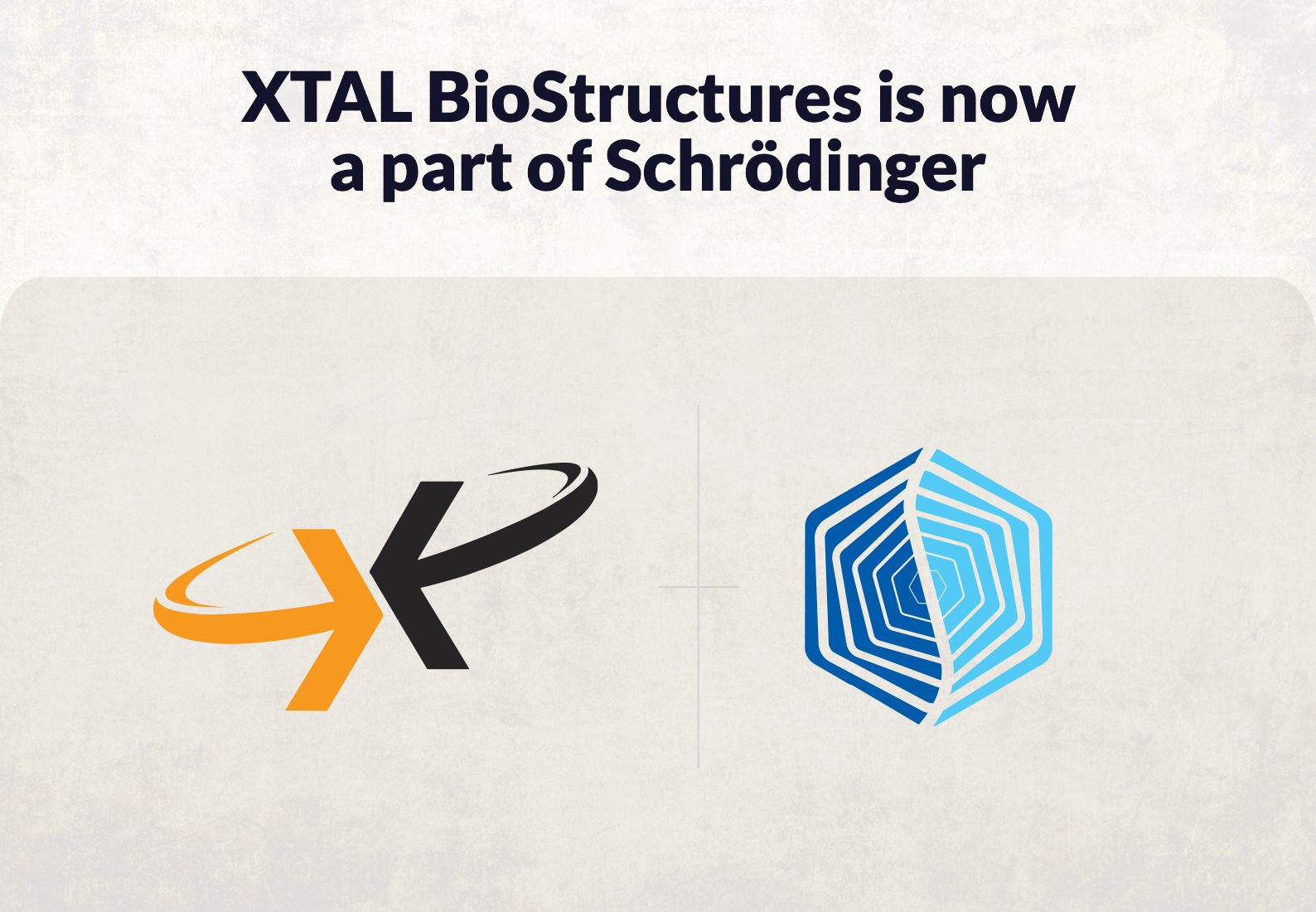Global health has never been more top of mind than it is now in the age of Covid-19. We are living through a rare moment when the investments and precautions taken by nations to protect their citizens’ health are daily present among our news headlines. But paradoxically, many of the most pressing global health challenges (with the exception of Covid-19) are highlighted least often. Many public health challenges such as tuberculosis, malaria and accessible contraception are global problems that don’t receive enough investment by biopharma generally, but for which the societal impact could be enormous. However, there are many organizations that are bringing together industry, government, and nonprofits to address these challenges and fight global diseases.
Non-Hormonal Contraception
At Schrödinger, we’ve long been involved with leveraging our computational technology to support drug discovery for public health efforts. Our most recent effort is part of a global women’s health initiative led by the Bill & Melinda Gates Foundation. In 2021, Schrödinger received a two-year, $4.9 million research grant to apply our physics-based modeling platform to identify small molecules that could be the basis of a non-hormonal birth control therapy. The aim is to provide women around the globe with more contraceptive options that are safe and effective, and with fewer side effects than hormonal contraceptives.
“We believe our technology has the power to drive breakthroughs across each of these initiatives.”
Malaria
We are also a contributor to the Medicines for Malaria Venture, a product development partnership for antimalarial drug research. We have published encouraging efficacy data in a murine model for a novel antimalarial drug, resulting in the discovery of two candidates for potential advancement to preclinical development.
Tuberculosis
Another collaboration we have fostered is with the TB Alliance, a not-for-profit organization dedicated to the development and delivery of improved tuberculosis (TB) drugs. In developed nations, we tend not to consider tuberculosis a meaningful threat, but that is not the case for many developing countries – in fact, according to the Centers for Disease Control, tuberculosis was the biggest infectious disease killer in the world prior to the Covid-19 pandemic. We have partnered with the TB alliance on several long-standing efforts to design better tuberculosis treatments, the most recent of which was our three-year research collaboration initiated in late 2018.
Covid-19
Finally, perhaps our most visible public health commitment has been our involvement in the COVID-19 Alliance. Alongside biopharma partners Takeda, Novartis, Gilead Sciences, and WuXi AppTec, we have been working to develop antiviral therapeutics, with Schrödinger leading the effort’s computational workstreams. We have evaluated billions of compounds by machine learning virtual screening technology and thousands by our FEP+ platform. These efforts have provided compounds with promising in vivo activity against SARS-Cov-2, the virus that leads to Covid-19.
We believe our technology has the power to drive breakthroughs across each of these initiatives. But more than that, doing the right thing is a core principle at Schrödinger, and we are proud to be a part of the solution to address these global health challenges.









